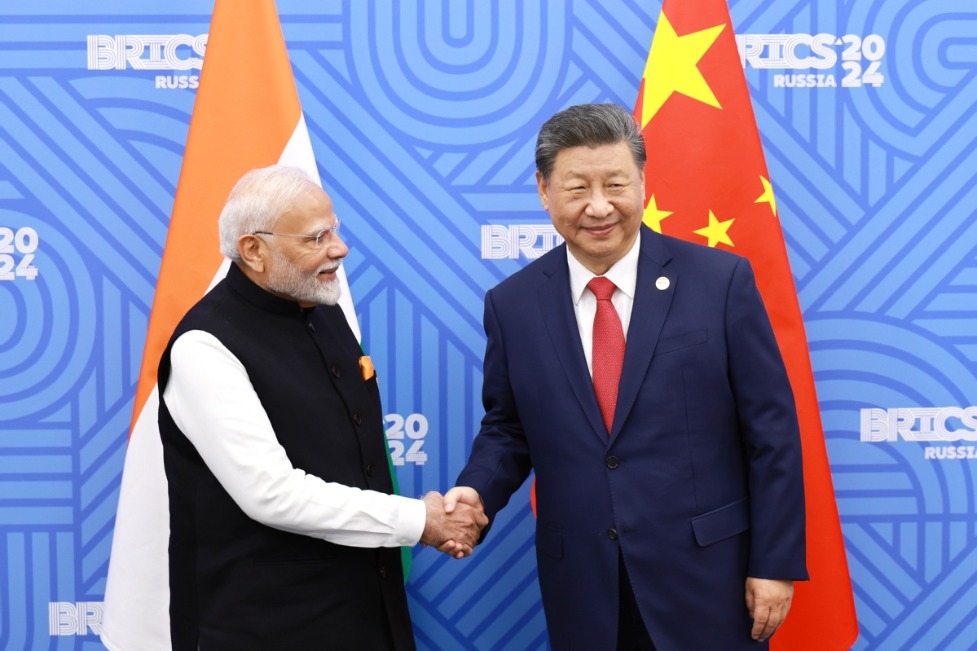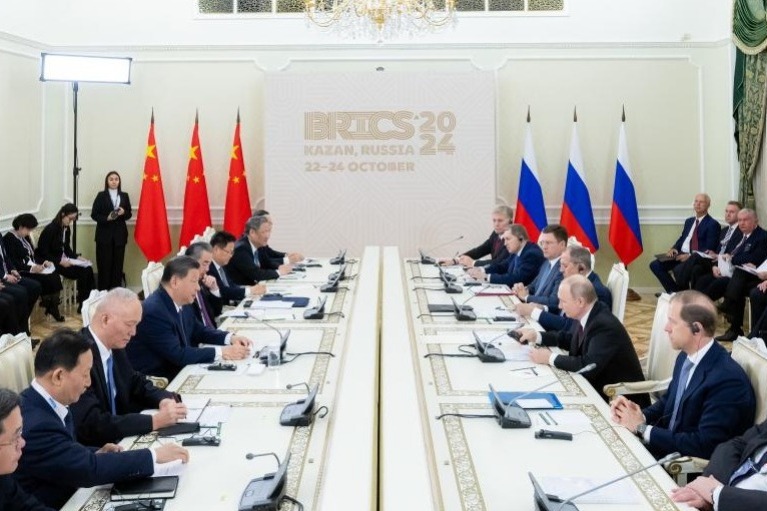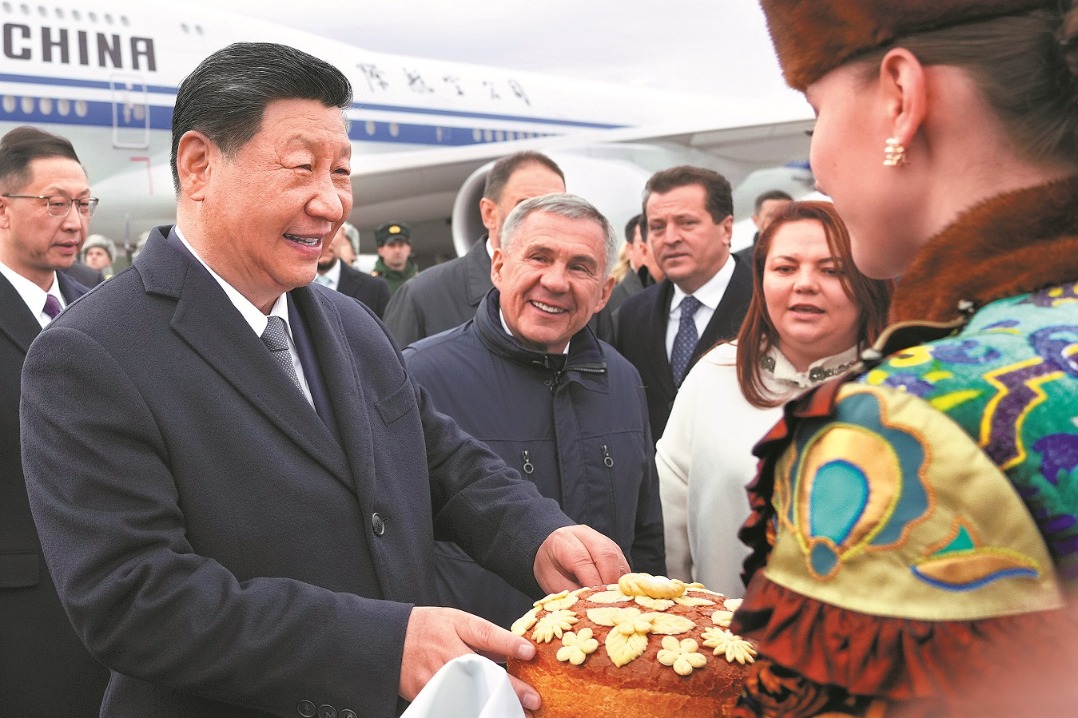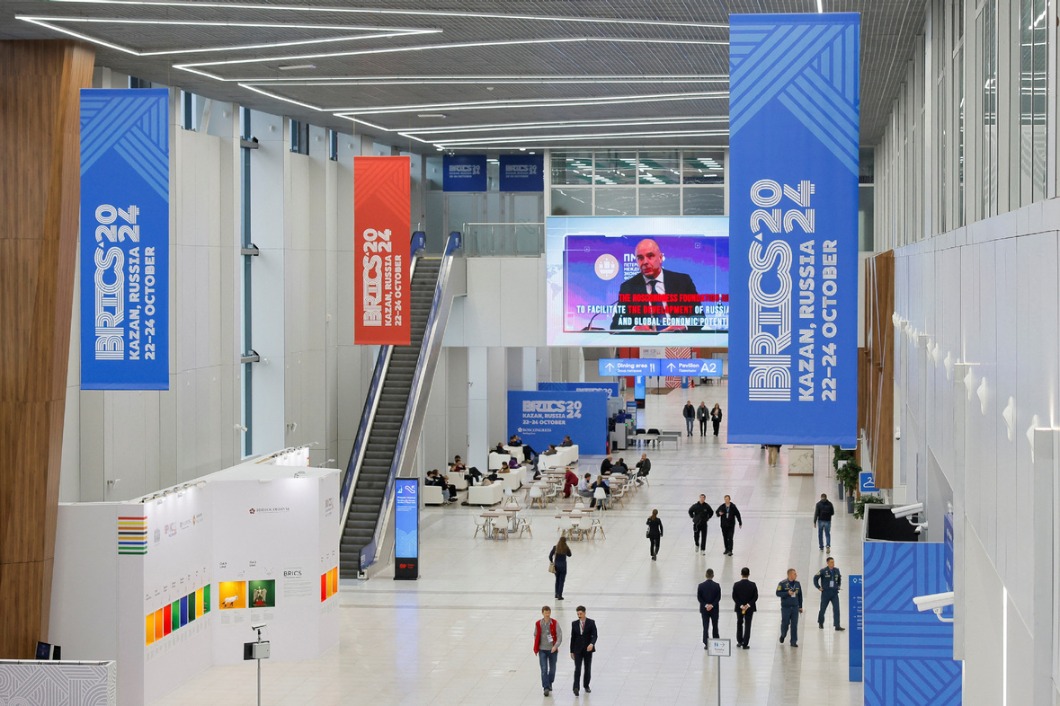More people must oppose the US' bid to trigger a new Cold War

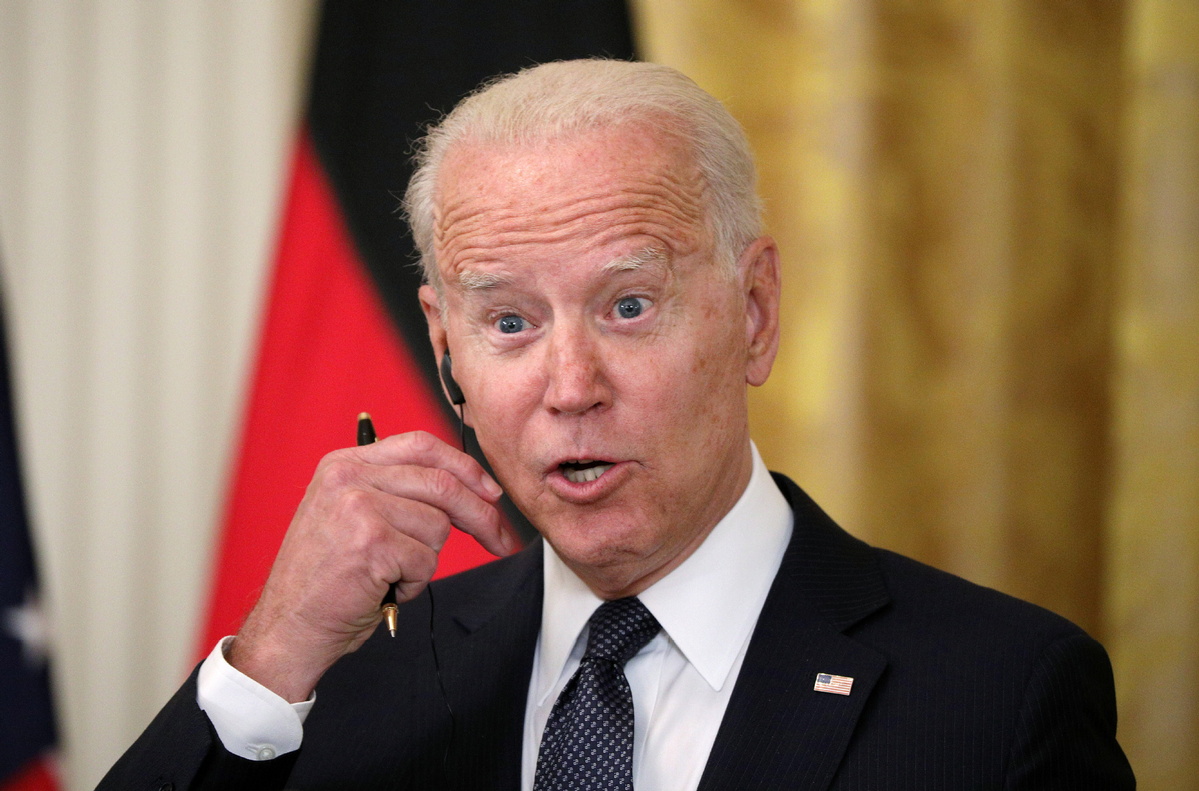
On taking office, US President Joe Biden pledged to give China "stiff competition" but still work with it to overcome global challenges such as climate change. In particular, he said the United States does not seek conflict with China.
Biden's deeds during the nearly six months he has been in office, however, do not match his words. During the Barack Obama administration, when Biden served as vice-president, China and the US deepened cooperation to tackle common global challenges, from fighting climate change and preventing nuclear proliferation to dealing with global pandemics-the two sides played a vital role in getting the Paris Agreement signed by almost all UN member states, inked the Iran nuclear deal along with other parties, and worked together to contain the Ebola outbreak in West Africa.
Such cooperation is missing today, with Biden reinforcing, instead of withdrawing or easing as many had expected, previous president Donald Trump's policies aimed at containing China, especially in the economic and technology sectors. Also, the Biden administration has intensified the smear campaign against China and runs the risk of triggering a new arms race, not least because the US spends more on its defense budget than the next 10 countries combined.
Fears over a new Cold War, even a hot war, between the US and China have never been so real since former US secretary of state Henry Kissinger paid a secret visit to China in July 1971, exactly 50 years ago this month.
That's exactly why more than 40 progressive advocacy groups in the US, many of them with Biden's fellow Democrats as members, jointly wrote a letter to Biden and Congress members last week, urging them to prioritize cooperation and ease its hostile approach toward China on other issues.
The July 7 letter said, "we are deeply troubled by the growing Cold War mentality driving the United States' approach to China-an antagonistic posture that risks undermining much-needed climate cooperation". It also said the US approach paves the way for higher US military spending, and criticized American politicians for scapegoating China to avoid global climate commitments, while noting that Washington has been the largest historical emitter of carbon dioxide with its per capita emission being twice as high as China's.
The advocacy groups emphasized that, given their complementary strengths, China and the US should work together to help the global economy's transition to clean, green development. "Nothing less than the future of our planet depends on ending the new Cold War between the United States and China," the letter said.
On his part, US Senator Bernie Sanders, a powerful voice of the progressive movement in the country, wrote an article in the Foreign Affairs magazine on June 17, titled "Washington's dangerous new consensus on China". In the article, Sanders said it is "distressing and dangerous" that the new emerging Washington consensus seems to view US-China relations as a zero-sum economic and military game, which has created a political environment that makes global cooperation, which is desperately needed today, more difficult to achieve.
He stressed that it is important to challenge this new consensus and prevent a new Cold War. Sanders believes the climate of relentless fear-mongering about China has contributed to the anti-Asian hate crimes in the US.
While I disagree with some of Sanders' description of China in the article, I applaud him for having the courage to speak to an increasingly McCarthyist Washington. Back in March and April, I responded to Sanders'tweets, urging him to lead a campaign to stop Biden's bid to launch a new Cold War.
A new Cold War, which the Biden administration seems to be pursuing, would be devastating for people not only in China and the US but also the rest of the world. That is why an increasing number of people, from Biden's fellow Democrats to former Brazilian president Luiz Inacio Lula da Silva, have started speaking up against a new Cold War.
chenweihua@chinadaily.com.cn
















